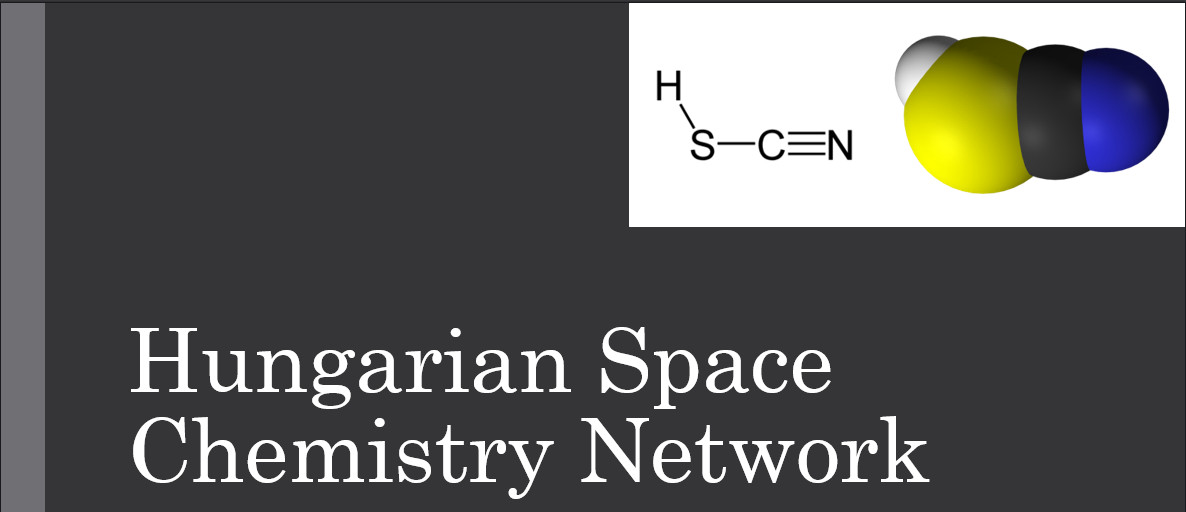
Hungarian Space Chemistry Network kickstarted in November 2024, bolstering efforts to model and understand the chemical and physical processes occurring in space.
The Hungarian Space Chemistry Research Network is dedicated to exploring the fundamental questions of astrochemistry, cosmochemistry, astrobiology, and the origins of life. Advanced laboratory facilities within the network enable researchers to model processes occurring in outer space, focusing on the impact of radiation on solid, ice, and gas-phase samples. These studies delve into molecular synthesis in interstellar environments, the formation of complex organic molecules critical to life, and the chemical evolution of matter in extreme conditions.
The network plays a vital role in supporting space exploration missions, including investigating the unique chemistry of Jupiter’s icy moons. Research efforts are driven by a collaborative approach, bridging experimental techniques, theoretical modelling, and observational data to address the interconnected challenges of these disciplines.
Coordinated by the HUN-REN Institute for Nuclear Research (ATOMKI) in Debrecen, the network includes leading Hungarian institutions such as Eötvös Loránd University (ELTE) in Budapest, the University of Miskolc, Eszterházy Károly Catholic University, the Konkoly Observatory, and the HUN-REN Research Centre for Astronomy and Earth Sciences. International collaboration amplifies these efforts through partnerships with the KAIROS Research group at the University of Kent, Queen’s University Belfast, Max Planck Institute for Extraterrestrial Physics, Queen Mary University of London, Aarhus University, and the Astronomical Institute of the Slovak Academy of Sciences.
KAIROS’s involvement in the network reinforces its dedication to global scientific collaboration. Together, these institutions are advancing our understanding of the Universe’s chemical complexity and driving innovation in astrochemical research, space exploration, and the study of life’s origins.